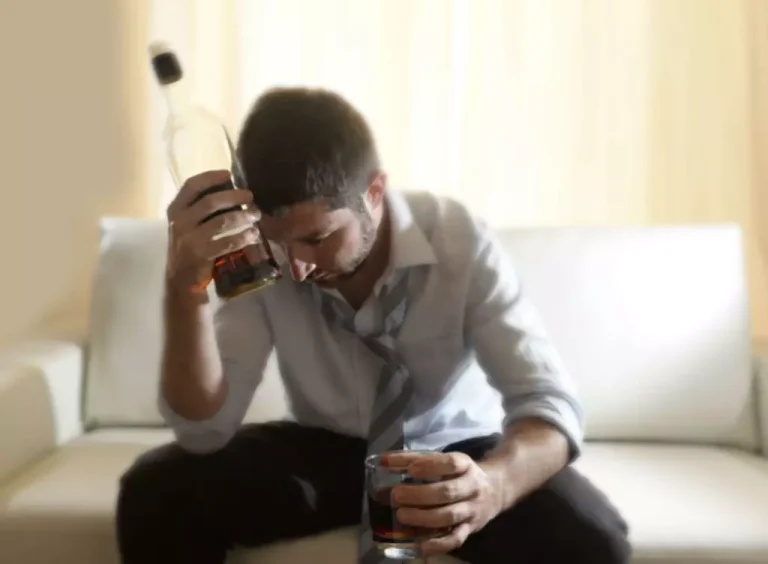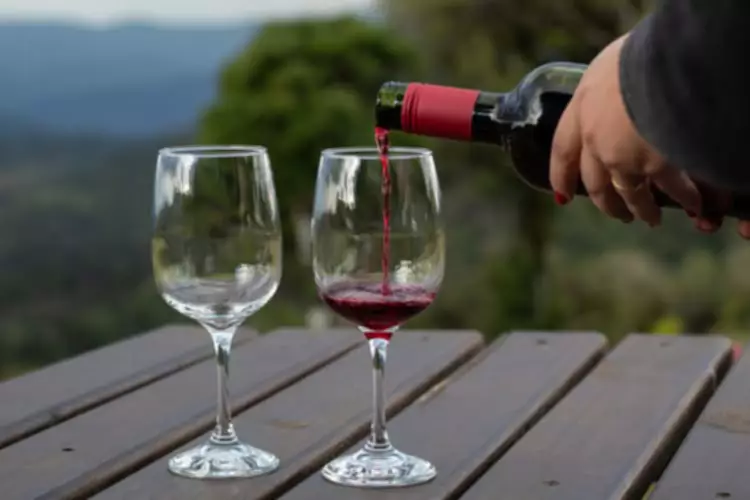
Because it tests a substance made after your body processes alcohol, this test can check for intoxication longer than a standard ethanol test—up to 80 hours after your last drink. Alcohol urine tests can detect alcohol or alcohol byproducts in your urine for 12 to 24 hours or more (up to 72 hours) with heavier alcohol use. Various factors contribute to the test results, such as the volume of alcohol consumed, the timing between consumption and testing, and how your body metabolizes (processes) alcohol.
How Does Alcohol Detection Work in a Urine Test?
In addition, the employer has a stake in the early treatment of alcoholism, since the employee will have a greater chance of returning sooner to full functioning on the job if the disease is arrested at an earlier point. Early treatment is simply less disruptive to the workplace and can help the employee avoid further misconduct and poor performance. If an alcoholic employee doesn’t’t get help until very late in the disease, there may have been irreparable harm done to the employee-employer relationship. These programs are usually staffed by professional counselors and may be operated in-house with agency personnel, under a contract with other agencies or EAP providers, or a combination of the two.
- Any agencies conducting this type of testing will have a specific program spelled out in agency policy.
- Hoyman said the employer’s response should also take into account the company’s overall experience with the employee, the impact of the drinking on the company and the workplace, and how others have been treated in similar circumstances.
- The addition of high-quality creme de cacao and chocolate bitters make this cocktail truly exceptional.
- If an employee is struggling with mental health and this is linked to drinking at work, an employer should talk to them to find out what support they need.
- Once prepared, you should notify the employee of the time and place of the meeting.
- Many people go into treatment because of some kind of threat such as loss of a job or possible incarceration.
- If you find that you can’t control your drinking, or know a loved one who is struggling with addiction, know that there is help out there.
Costa Rican Cocktails That Will Transport You to Paradise
Worrying about whether or not you’re drinking too much—or whether your nondrinking is being noticed or judged—puts additional pressure on workers who already have enough on their plate. We do not receive any commission or fee that is dependent upon which treatment provider a caller chooses. Join our supportive sober community where each day becomes a step towards personal growth and lasting positive change. Whether you and your team are in the office full-time, part-time or none what is alcoholism of the time, you’ll continue to have hybrid meetings.COVID-19 ush… With all the modern employee challenges employers face, such as high turnover and the Great Resignation, companies need to think out of the … Once you’re in recovery, your EAP counselor can meet with you and your supervisor to go over your ongoing treatment, job requirements, and if you need work adjustments or close supervision.

Effects of After-Work Drinking on Job Performance and Workplace Relationships
The combination of fresh herbs and citrus makes it a perfect choice for those who love light and refreshing cocktails. Some people like their cocktails strong, while others https://ecosoberhouse.com/ prefer something a little more mild. That’s why we’ve included a variety of different recipes on our list, so you can find the perfect drink to suit your tastes.
- This pressure may come from family, friends, clergy, other health care professionals, law enforcement or judicial authorities, or the employer.
- The Vodka Sunrise Cocktail is a delicious and refreshing drink that’s perfect for unwinding after a long day at work.
- The risk for such diseases escalates with the amount and frequency of alcohol intake.
- A critical indicator is the development of increased tolerance and withdrawal symptoms, which can signal an underlying alcohol use disorder.
- After-work drinking culture has traditionally been a staple of certain professional environments, serving as a means of socializing, networking, and unwinding after a long day.
“The employer couldn’t simply chuckle at employee A, who isn’t an alcoholic, for coming to work hung over after a night of binge drinking while disciplining employee B, who is an alcoholic, for doing the same thing,” she said. However, an employer can discipline, discharge or deny employment to an individual whose use of alcohol adversely affects his or her job performance or conduct, Hoyman said. Hoyman said the employer’s response should also drinking after work take into account the company’s overall experience with the employee, the impact of the drinking on the company and the workplace, and how others have been treated in similar circumstances.

- Think of the ocean, the urge is a huge wave, you know it’s big and it’s strong but it will subside if you hang in there.
- While the employee may not be forced to take advantage of the EAP services, you should make clear that it is in the employee’s best interest to use the services.
- The Last Word Cocktail is a must-try for anyone looking for a classic cocktail with a modern twist.
- These changes could be as simple as minor alterations to an employee’s responsibilities, or allowing extra rest breaks.
According to a BBC report, in the UK, private sector employees are more likely to perceive an expectation to drink at employer events compared to their public sector counterparts. A survey highlighted that a significant number of professionals would prefer less pressure to drink when socializing with work colleagues, pointing towards a shift in the cultural norms surrounding workplace drinking. A drug and alcohol policy should be seen as an important and beneficial part of a company’s health and safety policy. Rather than leading to dismissal, an effective policy should be able to support and help the rehabilitation of employees who admit to having an alcohol or drug problem.

Research indicates a strong correlation between higher levels of alcohol consumption and higher levels of impaired work performance. Statistically, a positive association between these two factors is far more likely than a negative one, with a whopping odds ratio of 14.00, suggesting a compelling relationship between drinking habits and job efficacy (source). Regular after-work alcohol consumption presents a risk not only to physical health but also to mental well-being. Alcohol, classified as a depressant, influences the brain’s neurotransmitter balance, impacting mood, thought processes, and behavior. Notably, it may induce feelings of relaxation in moderation, but excessive or prolonged use can lead to substantial mental health challenges, such as dependence, depression, and anxiety. After-work drinking culture has traditionally been a staple of certain professional environments, serving as a means of socializing, networking, and unwinding after a long day.
Though not altogether a new phenomenon, the incorporation of alcohol in the workplace has become increasingly normalized in some job settings. Some companies openly offer alcohol to employees as a perk and even designate a day of the week for all employees to have a teambuilding or celebratory drink. With such a lax approach to alcohol during work hours, it isn’t surprising that alcohol after work has become so commonplace. Research shows that people who work 55 or more hours a week are more likely to drink in risky ways. Work-related stress and risk of danger or physical harm on the job are other common triggers.
0 Komentar